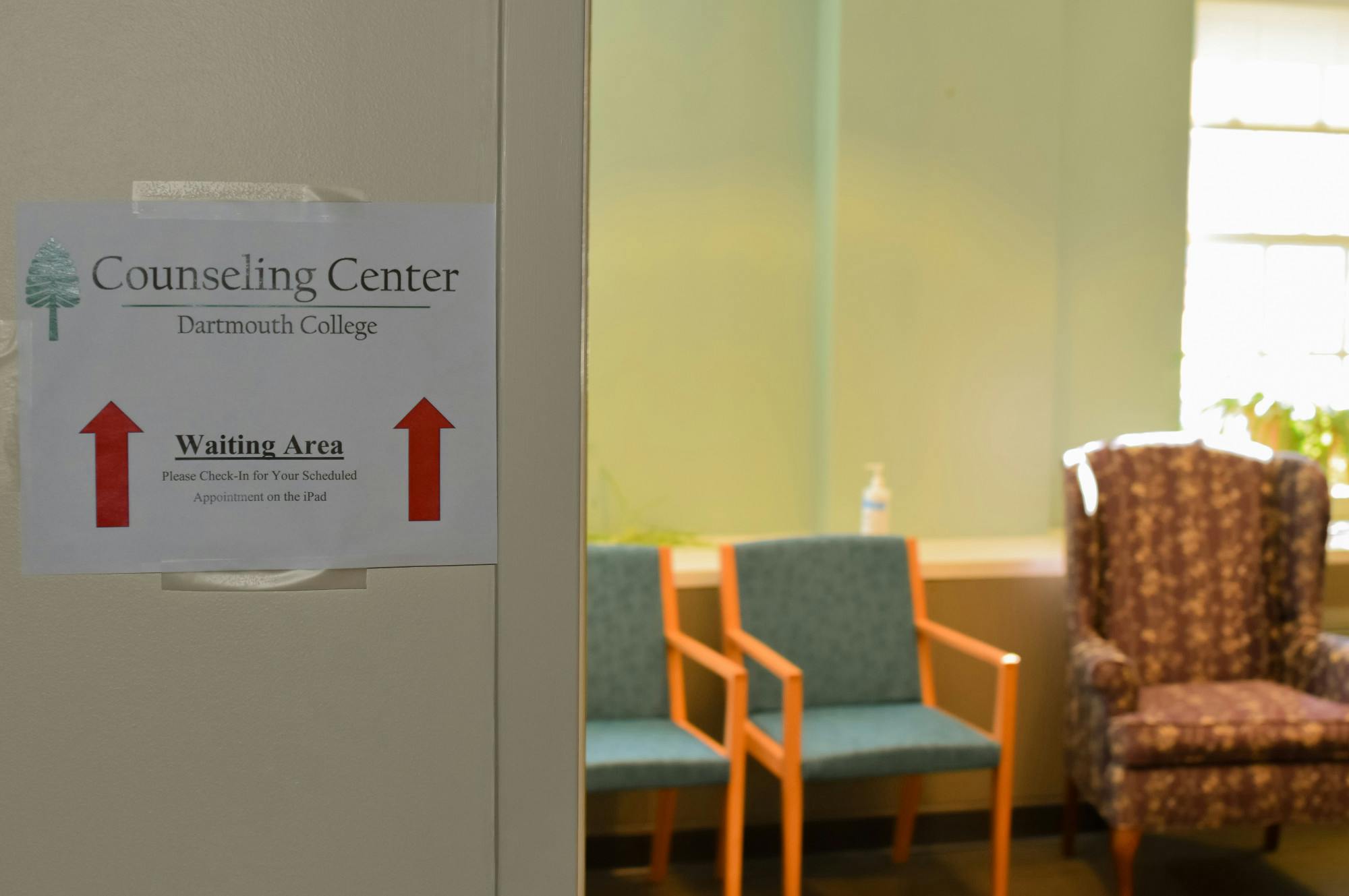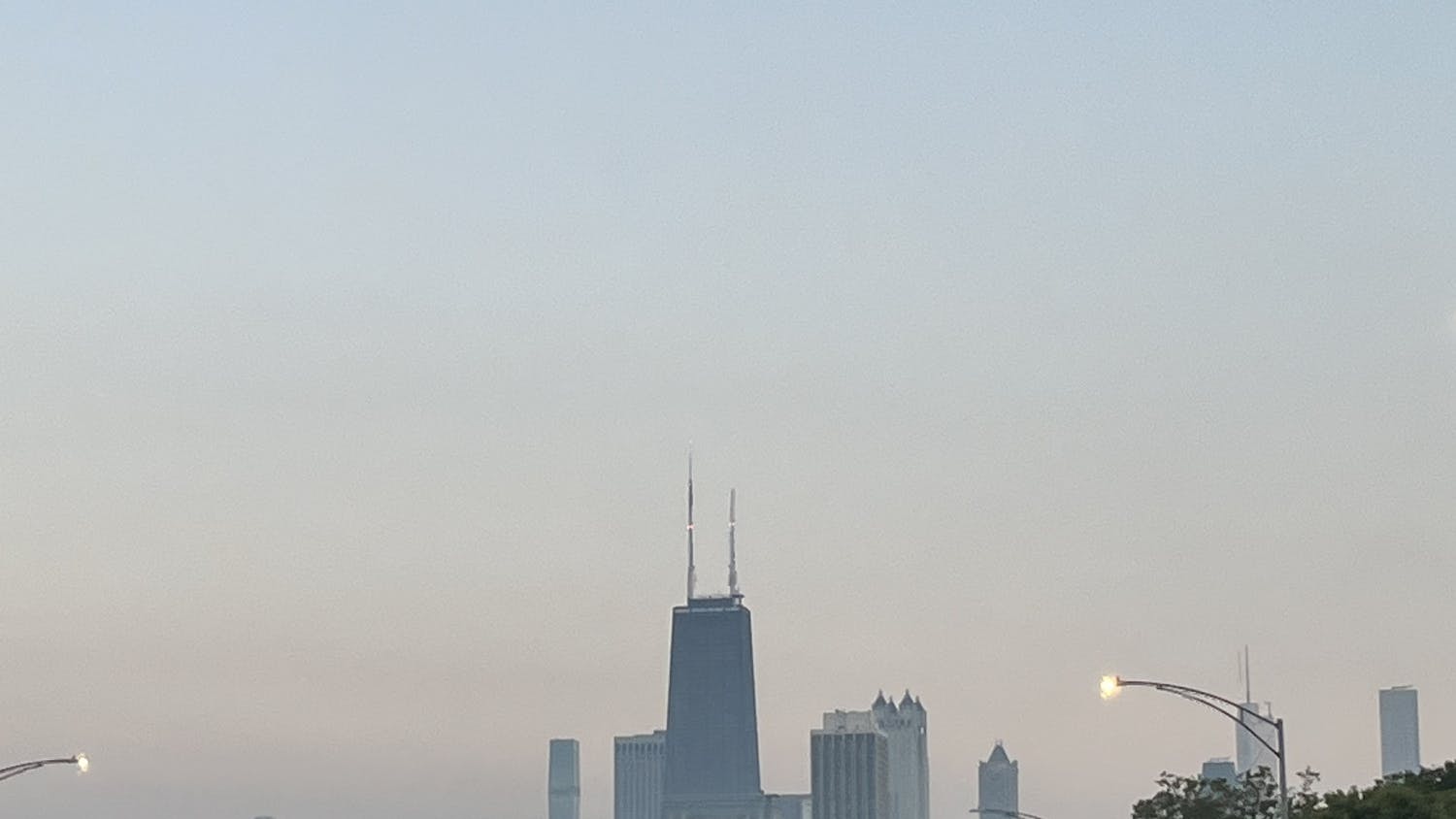At Dartmouth, students often form tight-knit communities built upon both lifting each other up and leaning on each other when needed. Put simply, students prioritize their support for each other. There are few better examples of that on campus than within Sexual Assault Peer Alliance.
According to the Dartmouth College Health Service website, SAPA is a “COSO-recognized group of Dartmouth students invested in providing informed, empathic and empowerment-based support to Dartmouth peers impacted by sexual and gender-based violence.”
The exact form of support that SAPAs — the term for students who have been trained in navigating sexual and gender-based violence situations by SAPA — can provide looks different for everyone, Lexi Chelle ’25, curriculum chair for SAPA, noted.
“[SAPAs] are able to help students understand what resources are available and where they should go based on the kind of support that they are looking for,” she said.
Chelle explained her reasoning for wanting to train as a SAPA.
"I know people in my own life and also students here who have experienced gender-based violence. I feel like it's an unfortunately prevalent occurrence among people our age and just people in general,” she said. “I’ve always wondered how I could best support those people because a lot of times when you’re supporting someone, there’s a lot of gray area and it isn’t always the most obvious how you can best help them out.”
Sophia Bokaie ’24, co-president of SAPA, also cited the presence of gender-based violence at Dartmouth as a motivating factor in becoming a SAPA.
“I noticed in my first two years at Dartmouth that unfortunately, gender-based violence is something that is present here and I wanted to do my part to mitigate the effect that that has on the Dartmouth population,” she said.
Matt Koff ’25, co-chair of outreach for SAPA, said that ideally, there should be a SAPA “in every circle on campus,” so that everyone knows at least one SAPA they can reach out to.
Koff felt a similar desire to Bokaie and Chelle, which was to make the campus as a whole safer for everyone.
“[SAPA] was a great opportunity to not only help my circle, my community, but just [to] be a part of this bigger network that could help people at Dartmouth,” he said.
According to Liz Stahler, a counsellor at Dick’s House who helps run SAPA, she and fellow counselor Dr. Alex Lenzen wanted to train SAPAs to obtain “a toolkit and skill set that could really enable them to be a part of a supportive resource constellation at Dartmouth.”
This training would include everything from building “strong response skills” and understanding resources to learning about the “social, political, [and] cultural context for how and why gender-based violence exists,” Stahler said.
But before students can utilize these skills as a SAPA, they must undergo around 40 hours of training, according to Stahler, who developed and leads the training along with Lenzen. According to the Title IX Office, their training includes crisis intervention methods, judicial and legal knowledge and understanding health considerations and resources. A six to seven hour “retreat” to practice these skills then follows this training, Chelle said.
Stahler acknowledged that completing SAPA training requires a commitment almost as large as taking another class. However, the number of students that continuously apply to be SAPAs reflects the importance of their work.
Stahler and Koff emphasized that although SAPAs are well trained, it is important to note that they are not professionals.
“We want [SAPAs] robustly trained to have a lot of skills and also have a really clear delineation that there are staff and professionals and folks with training and degrees to take on the stuff that's not appropriate for them to take on,” Stahler said.
Chelle echoed that thought, clarifying that SAPA is more of a “peer support group.”
“When it comes down to what SAPA can actually do for students, there's a lot of things that we can refer students to, like Title IX or WISE [an Upper Valley non-profit centered on survivor-centered advocacy] or the counseling office,” she said. “But the things that those offices do, SAPA can’t do. SAPA is more of just a way for a person who has experienced harm to connect with someone who is a peer, as they might be easier to talk to than an adult.”
SAPAs as a resource are not limited only to those who have personally experienced misconduct.
“Genuinely anyone who wants to talk anything out regarding gender-based violence is able to utilize SAPA as a resource,” Chelle said.
What happens, then, when people reach out to a SAPA? According to Stahler, students usually get in contact with a SAPA by knowing a friend, or a friend of a friend, who is a SAPA. However, there is also a website with a list of all current active SAPAs and anyone can reach out both virtually or in person to access support.
“Depending on the nature of the conversation, it will be a one time thing or there’ll be some follow up,” Stahler said.
SAPAs also receive support from Stahler and Lenzen, who serve as “a mentor or support system” for SAPAs to debrief with anytime after someone reaches out to them, Stahler said.
“[We do this] so that … we can make sure that the person offering the support has the support that they need, and also [so we can do] some quality assurance and double checking and making sure that the appropriate resources were given and that the appropriate supports are available to people,” Stahler explained.
SAPA has grown dramatically in size over the last few years, according to Stahler, from getting around 17 applicants when she first joined SAPA around nine years ago to almost 100 applicants one term.
Although SAPAs are valuable resources, Bokaie mentioned that some people may want to join SAPA for the wrong reasons.
“I do worry that sometimes people want to train … just for that label as a SAPA, rather than going into it with a very genuine desire to help people, and so I think that is something that as an organization we’re cognizant of,” Bokaie said.
According to Stahler, SAPA is working on increasing its inclusivity campus-wide.
“I think SAPAs are rightfully and fairly perceived as pretty white,” she said. “We want SAPA to be seen as an organization that's inclusive, as an organization that reaches everybody on campus, but I don't think SAPA is perceived that way.”
Despite its flaws, SAPA has created lasting impacts on not only the people they help, but also the SAPAs themselves.
“I feel like [SAPA has] made me more confident going into situations when discussing-gender based violence,” Chelle said. “It’s provided me with a baseline and foundation of knowledge that I didn't have prior to completing SAPA training.”
But to further combat the prevalence of sexual assault and gender-based violence at Dartmouth, it is essential to continue expanding SAPA’s reach, establishing points of safety across the entire campus, according to Stahler.
“It’s important that the network of supporters covers as many people in as many circles on campus as possible,” Koff said. “The more people that apply … to be SAPAs, the greater the presence can be on campus and the more spread out the presence can be.”




